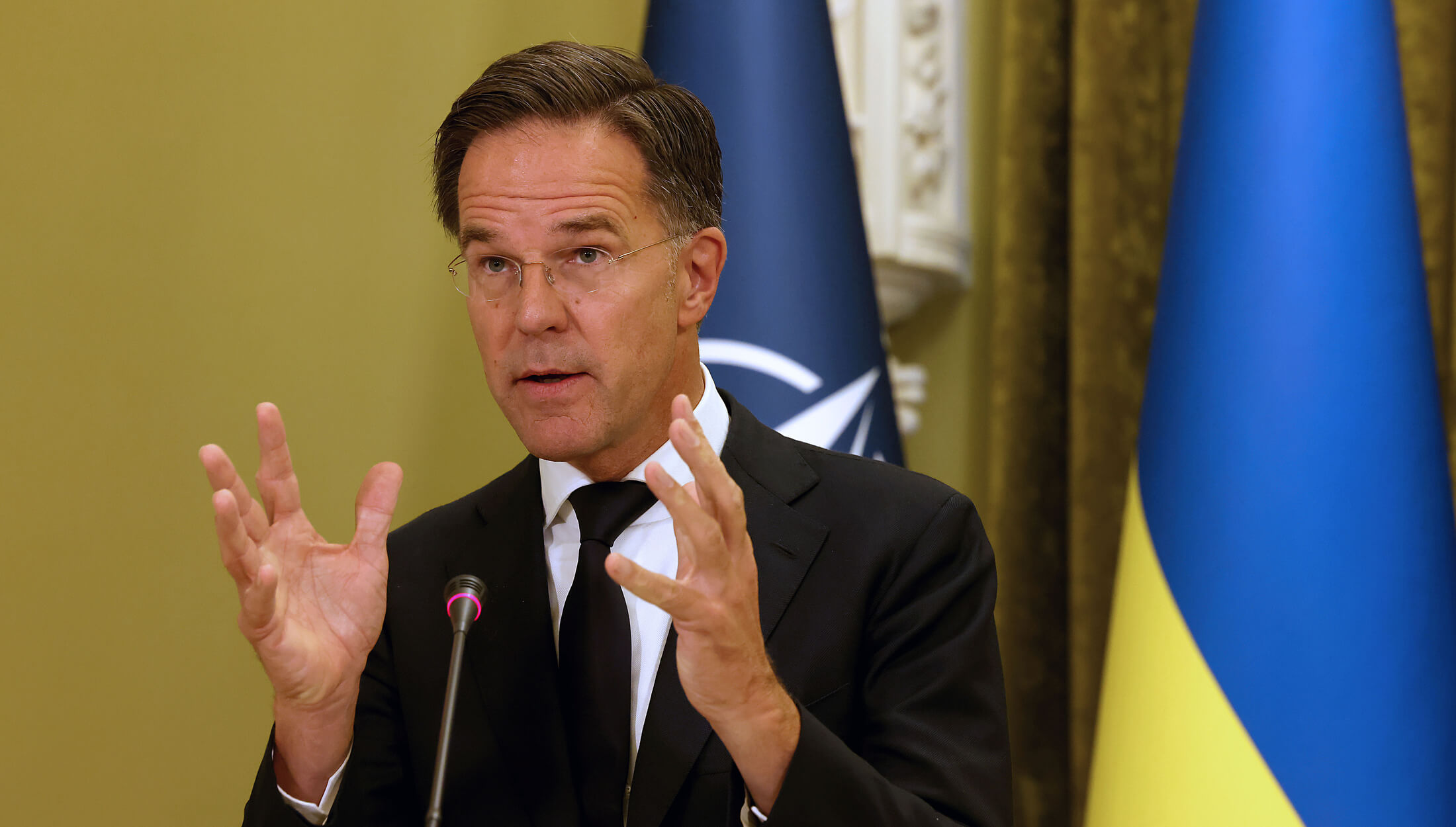German Chancellor Friedrich Merz's visit to Washington marked the end of the first round of meetings between the most influential European leaders and Donald Trump at the start of his second term as president.
Chancellor Merz was preceded by Keir Starmer and Emmanuel Macron at the end of February and Giorgia Meloni in April. The visit of the new Canadian Prime Minister Mark Carney to Washington in early May should be added to this circle of allied meetings.
Last Thursday, the conversation between Trump and Merz, certainly one of the most important in this cycle, revealed a certain softening of the US president's position towards key transatlantic allies.
Trump at the very beginning of his term and Trump after a series of talks with key Europeans and the Canadian are not the same.
Several factors have led to the US president's pacification towards key partners in the West in recent months.
A sharp reply from the Europeans
Firstly, it is a joint European response to the sharp start made by the US president and his team right at the beginning of the term regarding Europe's security architecture, relations with Ukraine and Russia and then the increased tariffs on exports to the US.
This reaction has been and continues to be decisive, demonstrating a new European unity, especially since Washington is frequently viewed as an unreliable partner.
The war in Ukraine is not over within 24 hours, as President Trump has long promised
The new administration in the White House was not prepared for such a reaction, fuelled by the initial euphoria dictated by the ego of the returnee to the White House.
The war in Ukraine, for example, is not over within 24 hours, as President Trump has long promised, nor can peace be achieved by marginalising the Europeans, as he initially tried to do with ambitious direct negotiations with the Russians.
Failed interference in European politics
Secondly, Trump's reticence towards his European partners is the result of his unfulfilled expectations regarding the change in political forces in Europe.
Not only expectations but also the direct influence of his administration on the political processes in Europe have not brought about a change of course that would lead to an increase in pro-Trump, isolationist governments in European capitals.
The biggest disappointment in this respect was the electoral defeat of the far right in Germany. The direct support of US Vice President JD Vance and even more so of Elon Musk for the AfD was not nearly enough to prevent the victory of the conservatives and Friedrich Merz, who cemented an ever-stronger intra-European alliance.
Trump's political investment in Romania, a strategically important NATO member on its Black Sea and eastern flank, has also failed. In May, the liberal Nicușor Dan, who is undoubtedly strongly in favour of the EU and NATO, was elected president after defeating the Romanian version of Trump, George Simion, the isolationist and nationalist favouring Russia.
The dynamic establishment of alternative models of intra-Western cooperation, in which there is no America, has also contributed to Trump's reticence towards his allies
For Washington, the recent victory of sovereigntist Karol Nawrocki in Poland's presidential election is a consolation to some extent. But the reach of the new president, whom Trump welcomed to the White House during the election campaign in Poland, is severely limited by the policies of Prime Minister Donald Tusk's strongly pro-EU and pro-NATO government.
Finally, the dynamic establishment of alternative models of intra-Western cooperation, in which there is no America, has also contributed to Trump's reticence towards his allies.
One of these is the recent joint position of the United Kingdom, France and Canada, strongly opposing the expansion of Israeli operations in Gaza and strongly criticising the actions of Benjamin Netanyahu's government.
But even more, it is the establishment of the coalition of the willing, initiated by the UK and France, with the aim of not abandoning Ukraine at a time when Trump was strongly distancing himself from support for Kyiv and his favourable policy towards Moscow.
The NATO summit is an opportunity for a shift
Chancellor Merz's first visit to Trump may therefore signal the start of Trump's pragmatic return to his most important allies after almost half a year of pushing them away from the US and even underestimating them.
Jim Tankersley of The New York Times noted that during Trump's conversation with Chancellor Merz, JD Vance and Marco Rubio "sat largely silent on an Oval Office couch for 45 minutes."
 We need a quantum leap in our collective defence - Mark Rutte
We need a quantum leap in our collective defence - Mark Rutte
This is certainly a remarkable change compared to Rubio's words a month ago that Germany is a "tyranny in disguise", as Der Spiegel reminded. Or compared to JD Vance's speech at the Munich Security Conference last February, in which he accused European leaders of being a "threat from within".
The first opportunity for Trump and his associates to demonstrate their possible shift and softening of policy towards their closest allies will be at the NATO summit in The Hague at the end of the month.
Chancellor Merz is indirectly hinting that something like this will happen, as he stated after the meeting at the White House that there is “no doubt whatsoever that the American government is committed to NATO.”
Similarly, NATO Secretary General Mark Rutte, the summit's host, announced that he would urge the allies to massively boost defence spending, saying, "We need a quantum leap in our collective defence."
Trump already has enough reasons to readjust his previous arrogant policy towards his allies in the West. The first meeting with the German chancellor may have convinced him that such a change is in his interests.
In a fortnight's time in The Hague, he will have the opportunity to take an important step and leave behind the obviously unsuccessful policy of confrontation with his closest partners.